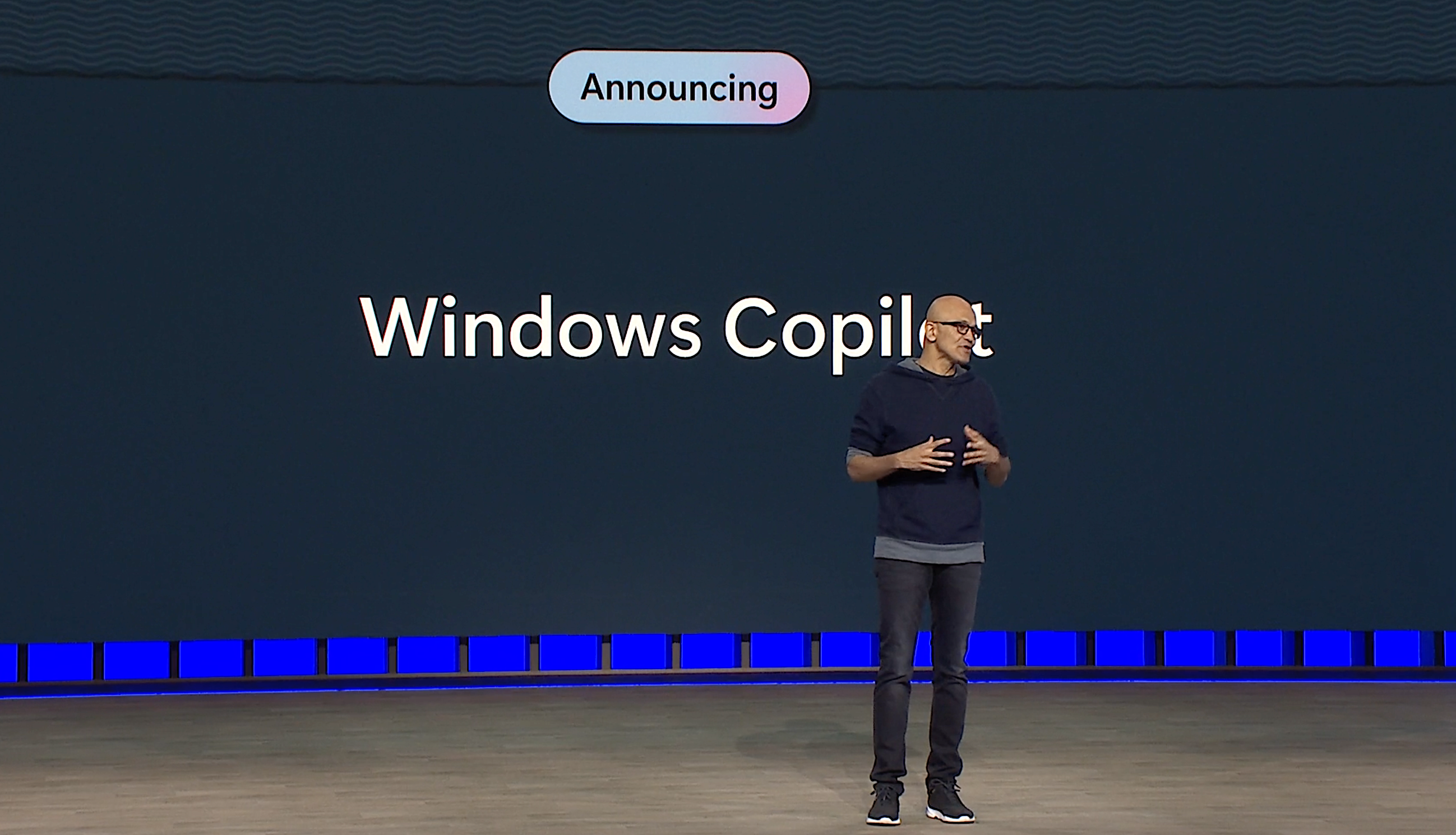 CLOUD
CLOUD
 CLOUD
CLOUD
 CLOUD
CLOUD
Microsoft Corp.’s growth accelerated in its fiscal first quarter thanks to growing demand for artificial intelligence products and the first expansion of growth in its cloud business in the past five quarters.
Revenue grew 13%, to $56.5 billion, for the quarter ended in September, up from the 11% growth the company reported in the same quarter a year earlier and well ahead of financial analysts’ estimates of $54.55 billion. Diluted earnings per share of $2.99 rose from $2.35 a year earlier and soundly beat consensus estimates of $2.65.
Microsoft’s Azure public cloud business grew 29%, up from 26% last quarter and above the analyst consensus estimate of 27.2%. It was the first time in five quarters that cloud growth accelerated from the previous period. Microsoft Cloud’s revenue of $31.8 billion rose 23% in constant currency terms. The company’s shares rose nearly 4% in after-hours trading.
With the strong growth in Intelligent Cloud, Azure, server products and cloud services, “I expect champagne corks will be popping in Redmond tonight,” said Charles King, chief analyst at Pund-IT Inc.
Analysts responded positively to the company’s bullish outlook about its AI business in the wake of its $10 billion investment in OpenAI LP earlier this year. “Higher-than-expected AI consumption contributed to revenue growth in Azure,” said Chief Financial Officer Amy Hood.
Chief Executive Satya Nadella said the company will infuse the AI-enabled assistants called copilots throughout its product line. ”With copilots, we are making the age of AI real for people and businesses everywhere. We’re rapidly infusing AI across every layer of the tech stack,” he said.
He attributed much of Azure’s growth in the quarter to the investments Microsoft has made in AI. “We have the best AI infrastructure for both training and inference,” Nadella said. “We also have our AI services deployed in more regions than any other cloud provider.”
Glenn O’Donnell, vice president and research director at Forrester Research Inc., said that’s critical to maintain momentum. “Microsoft is pervasive in just about every enterprise already, but it needs to demonstrate continuing innovation and these days, that means AI,” he said. “Microsoft is growing faster than others and a lot of that is because of AI.”
On a product line basis, Office Commercial products and cloud services revenue increased 14% thanks to 17% growth in Office 365 commercial sales. Dynamics revenue rose 21% on 26% growth in Dynamics 365.
Search and news advertising sales, which primarily accrue to the company’s Bing search engine, grew 9%. That indicates that any boost Microsoft expected to get from incorporating OpenAI technology into Bing has yet to make a significant impact.
“If that needle doesn’t begin shifting over the next 12 to 24 months, the value of the company’s investments in OpenAI is likely to be questioned,” King said.
But O’Donnell was more optimistic about Bing’s prospects. “Generative AI is changing the whole concept of search,” he said. “Serious use is still hampered by inaccuracies of the public LLMs.” As these large language models improve, however, “Bing will be a stronger contender against Google, siphoning away precious ad revenue in the process.” He noted that search is a tiny revenue revenue stream for Microsoft whereas it contributes the bulk of Google’s business.
Microsoft executives were cautious in their guidance for the next quarter and fiscal year, saying margins will likely remain flat. Hood said the Productivity and Business Processes signal grow between 11% and 12%, Office Commercial revenue should be up 16% and Azure will grow between 26% and 27%.
Despite Gartner Inc.’s forecast that worldwide information technology spending will grow 8% next year, investors remain skittish. O’Donnell said the possibility of governments imposing regulations on AI use, combined with geopolitical instability, make forecasting difficult. “Outside of AI, tech spending remains weak, so continuing PC and data center spending anemia will certainly hurt Microsoft and others,” he said. “Still, Microsoft is on rock-solid ground and better-positioned than most in tech to continue growth.
King agreed that the company’s broad product line insulates it from some of the forces buffeting companies with a narrower focus. “Prior to this earnings call, I would have said that the potentially ugliest numbers would be in the Personal Computing segment,” he said. “However, that group’s revenues were about $1 billion above the guidance range, and even OEM revenues were up 4%, while Microsoft had prepared the market for a mid-teens decline.”
THANK YOU